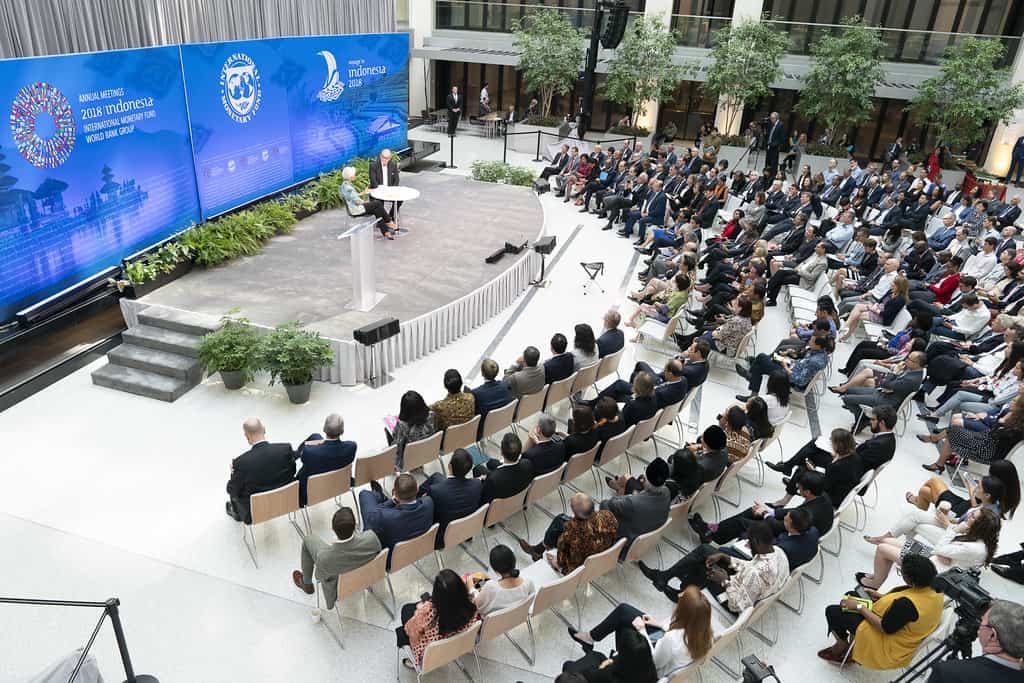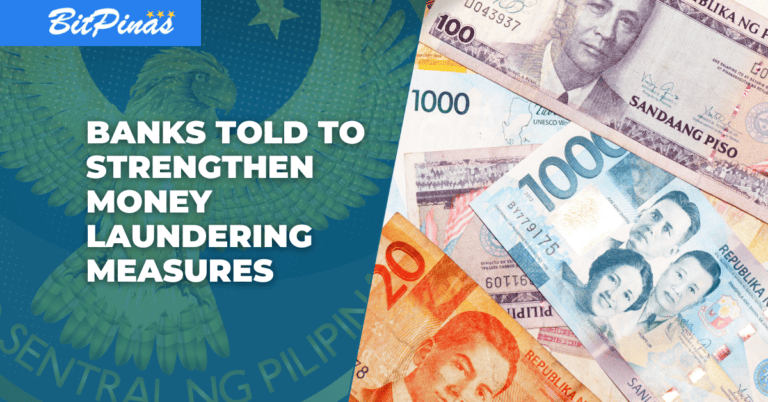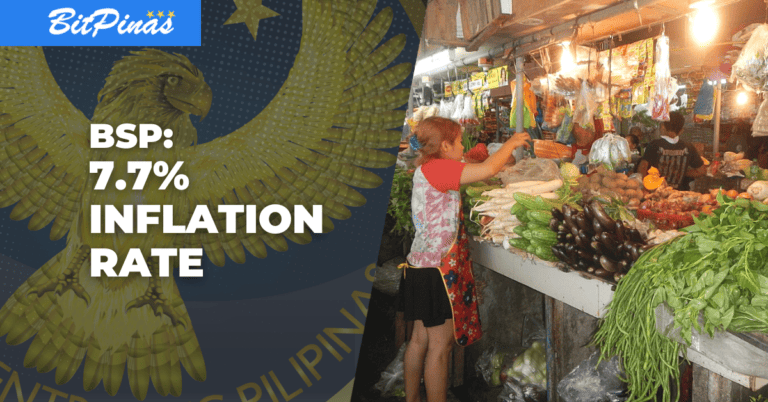IMF: Philippines Must Improve Crypto Asset Transaction Data Collection
IMF suggested that these data be aggregated and collected on a quarterly basis, on gross transactions, indicating the country of origin and destination of the funds transacted.

January 6, 2020 – In the Technical Assistance Report for the Philippines provided by the International Monetary Fund (IMF), the international body
The Technical Assistance Report noted that upon the request of the Bangko Sentral ng Pilipinas, the IMF delivered a lecture on the treatment of crypto-assets in macroeconomic statistics based on the latest methodology released by the IMF’s Statistics Department (STA).
The Philippines as an Important Market for Crypto-Assets
Data Collection
Accordingly, the IMF thinks the country can become an important market for crypto-assets now that the BSP authorized operations of more than 10 virtual currency exchanges. The IMF encourages the government body to collect data on these exchanges for macroeconomic analysis with particular emphasis on financial flows using crypto-assets (the movement of “money” using crypto-assets like cryptocurrency, etc).
Origin and Destination to be Recorded
Furthermore, the IMF suggested that these data be aggregated and collected on a quarterly basis, on gross transactions, indicating the country of origin and destination of the funds transacted. It further recommends that the breakdown of all the parties involved in the transaction between individuals, financing corporations, and nonfinancial corporations.
2018 Data

The BSP last April 2019 reported $390 million worth of virtual currency transactions in the country in 2018, the previous record (2017) shows $189.18 million worth. At that time, BSP’s OIC for Technology Risk and Innovation Department Melchor Plabasan said that transaction volume actually declined by 6.5% despite the increase in worth of transactions. He cited possible reasons like securing gains triggered by the sudden bear market in 2018.
In 2019, the BSP had released statements – from requiring virtual currency exchange ATM operators to secure a license to the revision of regulations on financial consumer protection. It warned banks to only deal with registered virtual currency exchanges. It is also going to be part of a cryptocurrency task force proposed in the PH senate.
Read More: 2019 Regulatory Developments on Crypto & Blockchain in the Philippines
The Technical Assistance Report constitutes technical advice provided by the IMF staff to authorities in the Philippines in response to their request of such assistance. The report (available here) also detailed the Philippine officials met by the IMF in the course of the activity.
VCE License as Main Selling Point
On the subject of becoming an important market for crypto assets because of the licenses given by the BSP, it should be noted that in one of the Year In Reviews published by BitPinas, Bloom Co-founder Luis Buenaventura thinks the Virtual Currency Exchange License may not be a unique selling point for the country in the future. In his 2020 forecast, he said, “By mid-2020, half of the ASEAN region will have operational crypto licensing frameworks, so many companies who still haven’t received their licenses from the BSP will simply move over to Singapore, Thailand, or Indonesia. The result is that it will become much less valuable to have a license in the Philippines, and those that do have a license will need to rely on their actual business activities to establish their value.”
Source: IMF via The Inquirer
This article is published on BitPinas: IMF: Philippines Must Improve Crypto Asset Transaction Data Collection




![[Exclusive] COMELEC Conducts Session Exploring Blockchain Use in Automated Election 7 [Exclusive] COMELEC Conducts Session Exploring Blockchain Use in Automated Election](https://bitpinas.com/wp-content/uploads/2023/03/COMELEC-Conducts-Session-Exploring-Blockchain-Use-in-Automated-Election-768x402.png)
